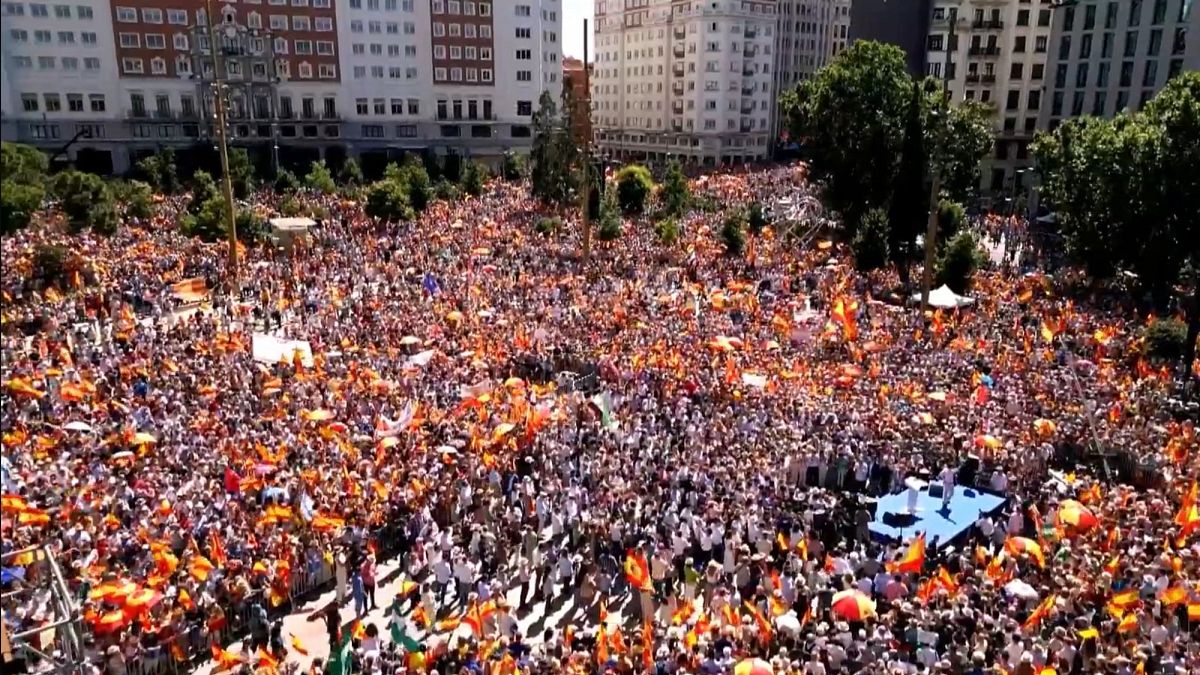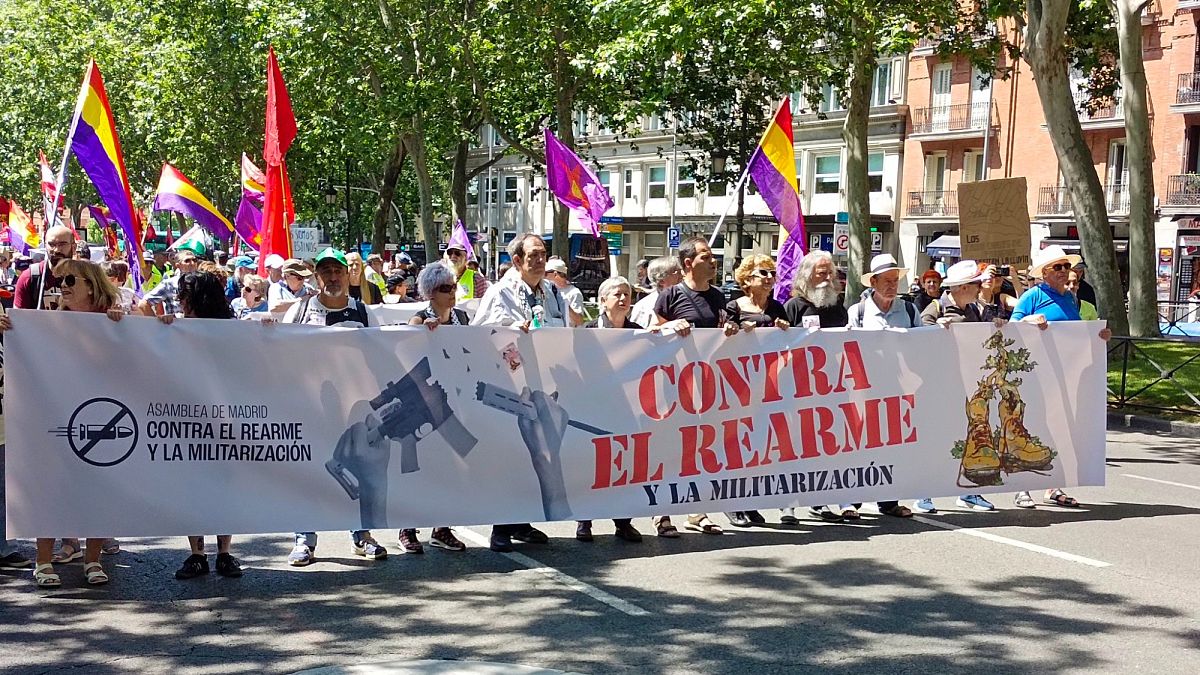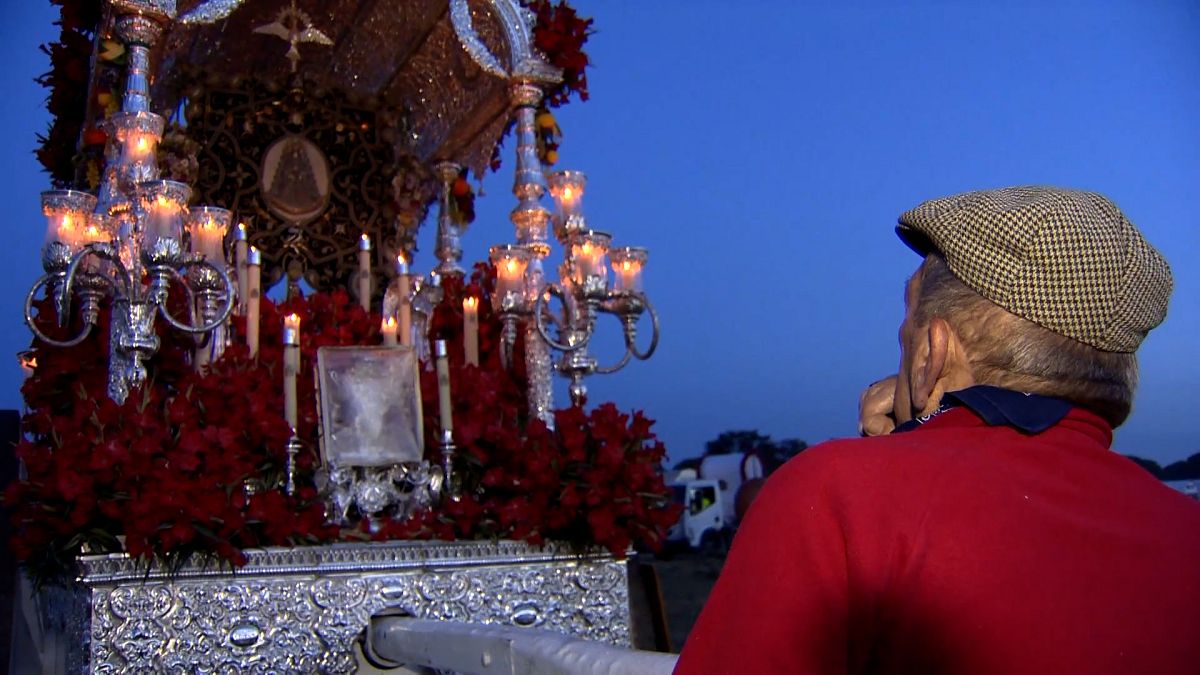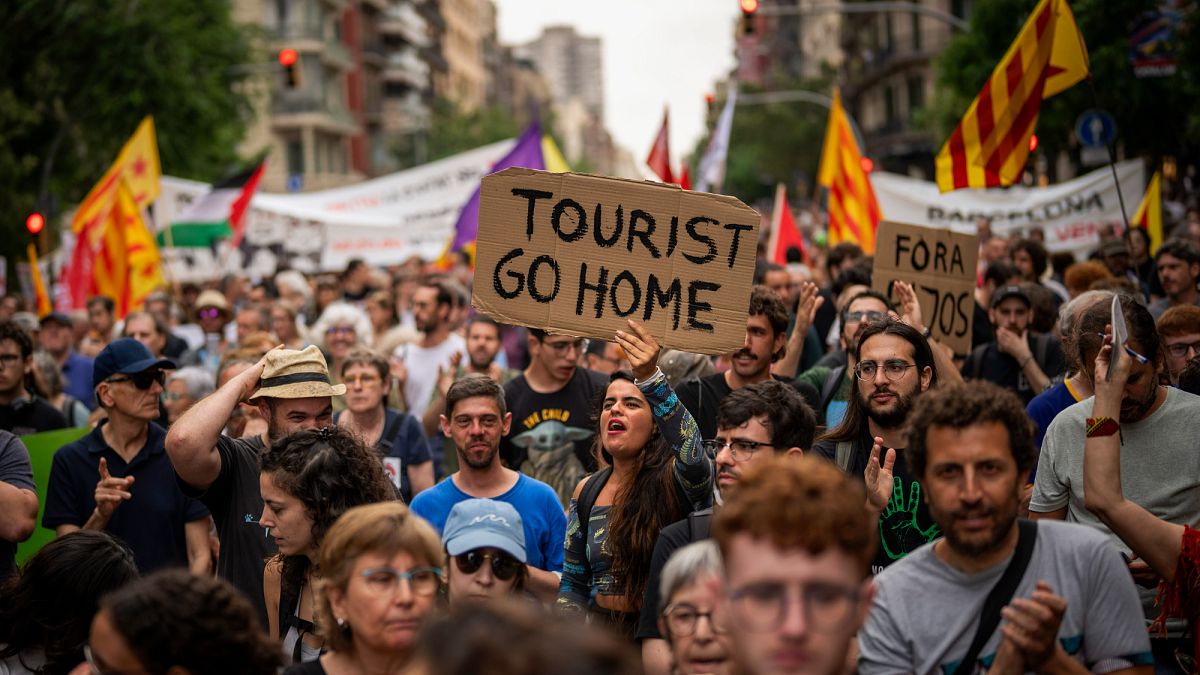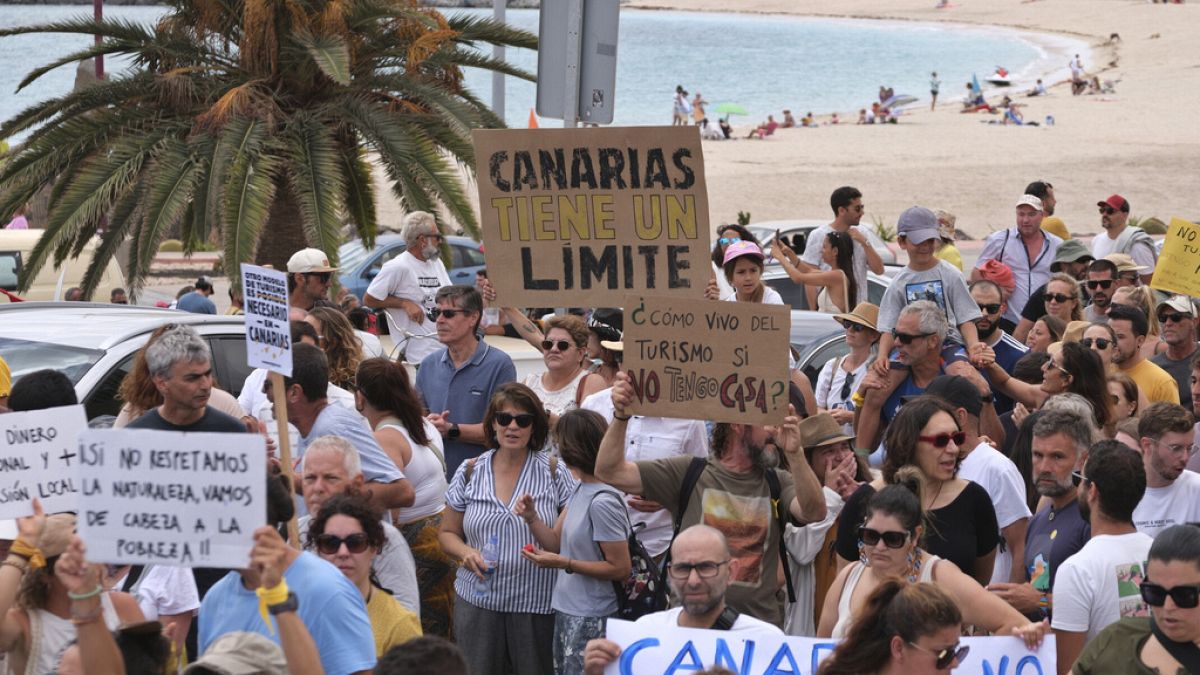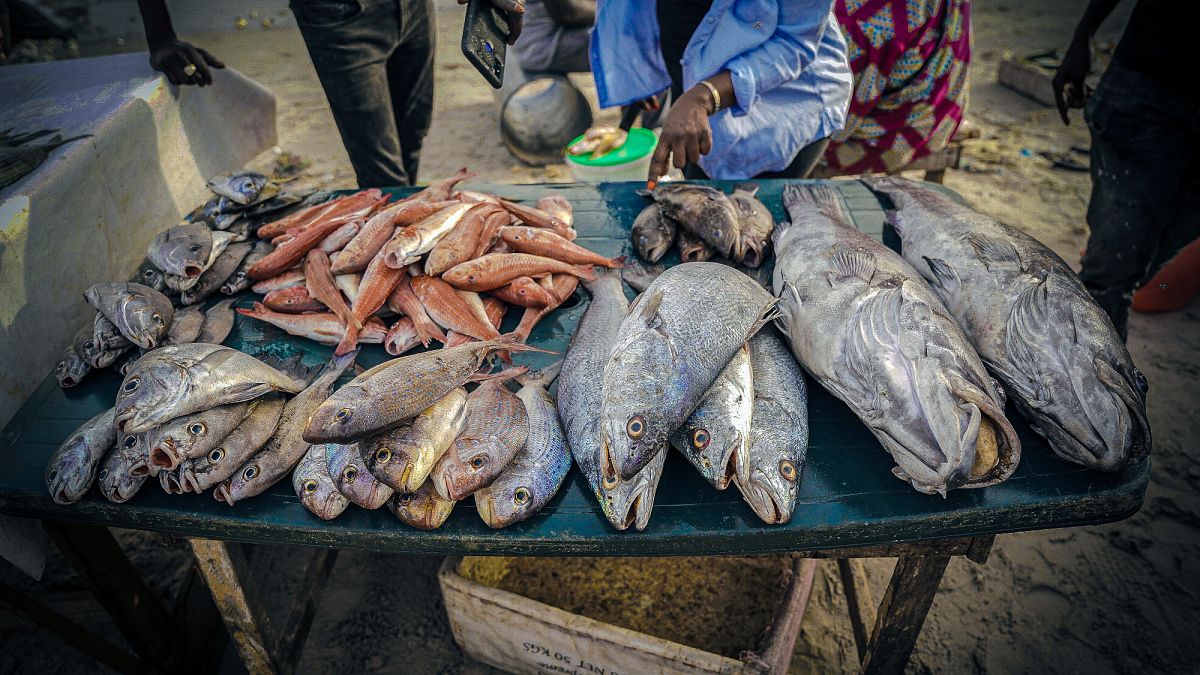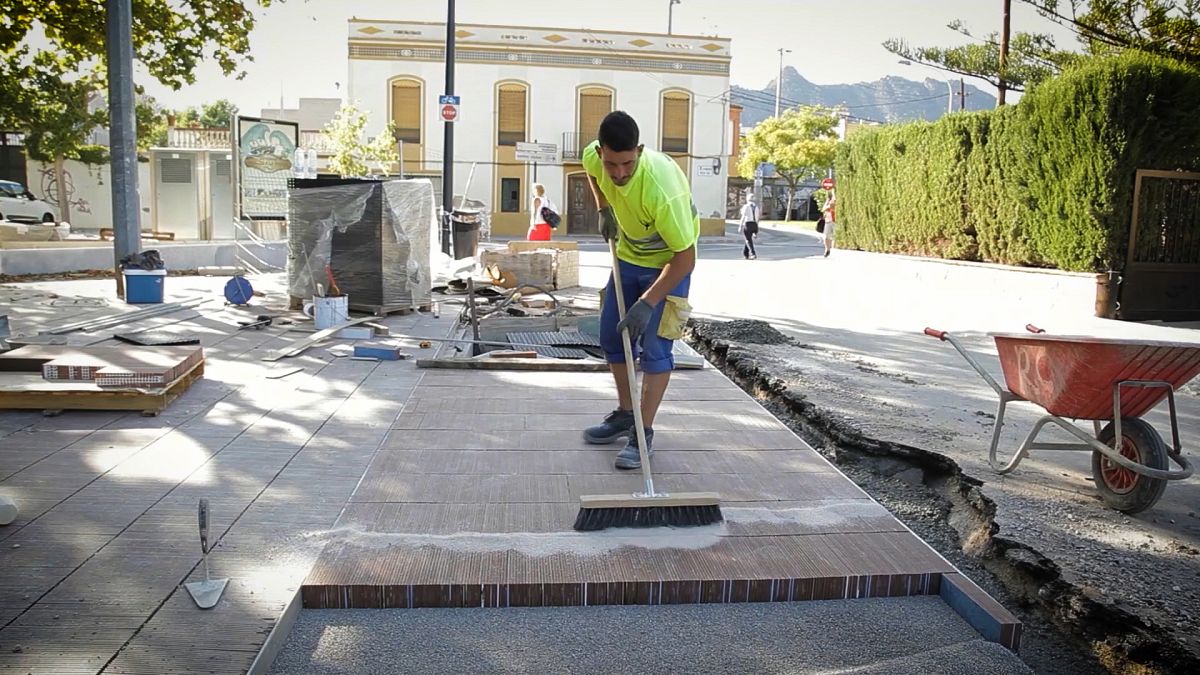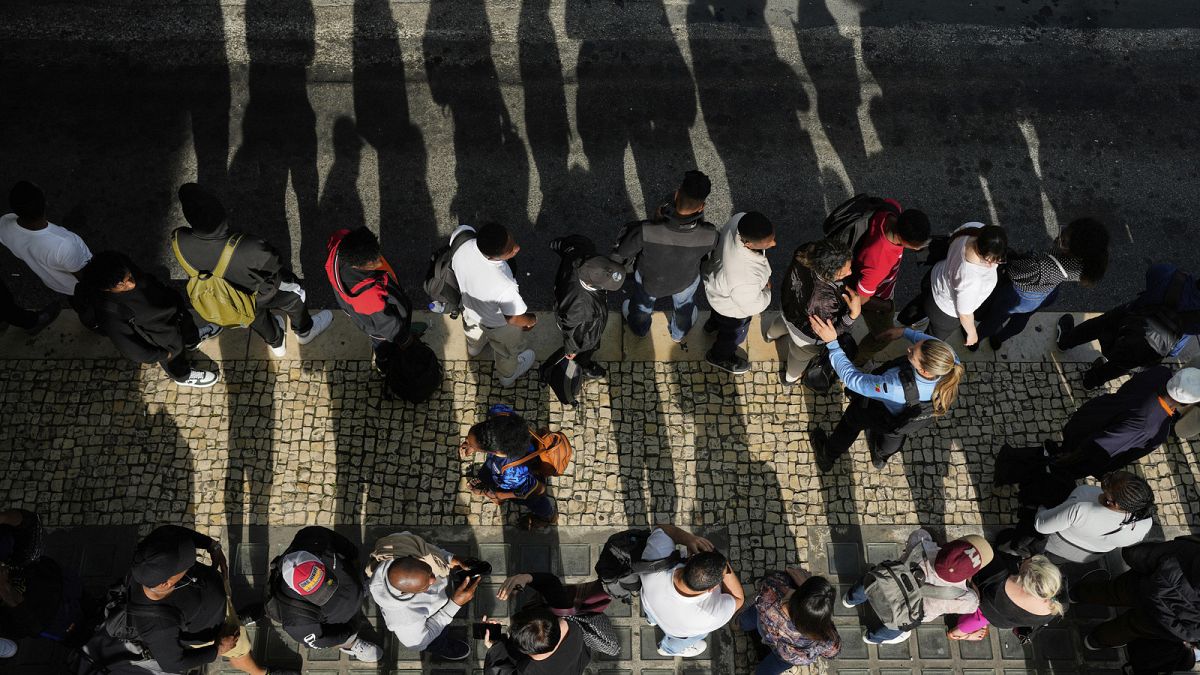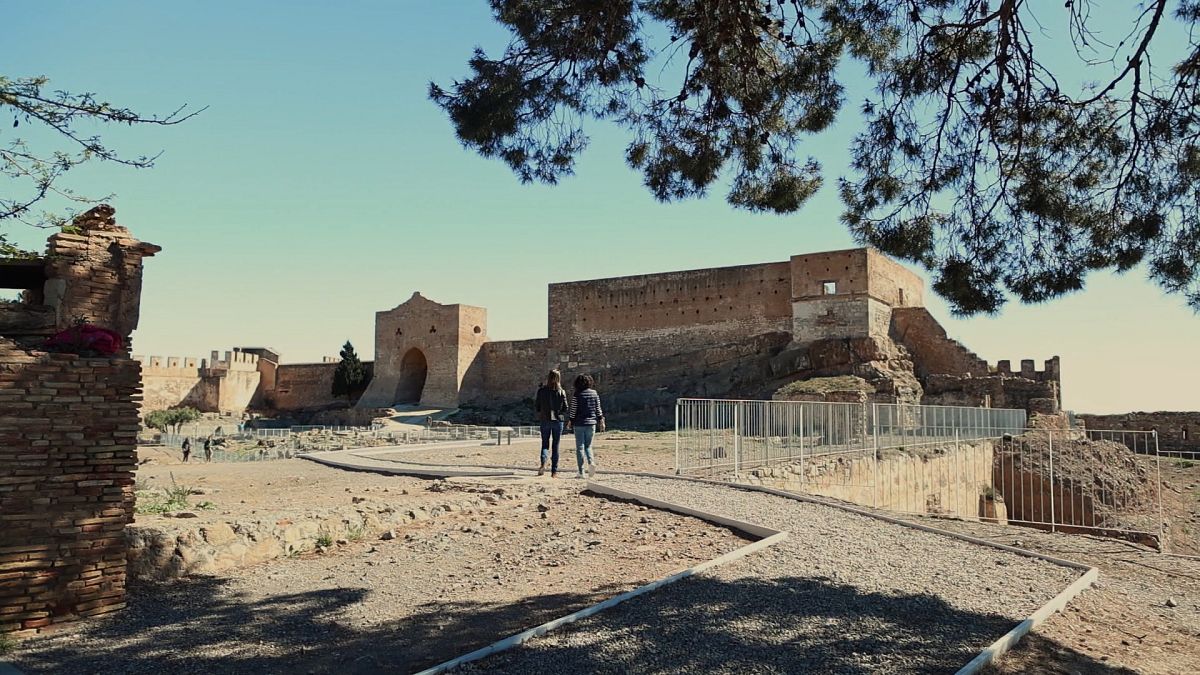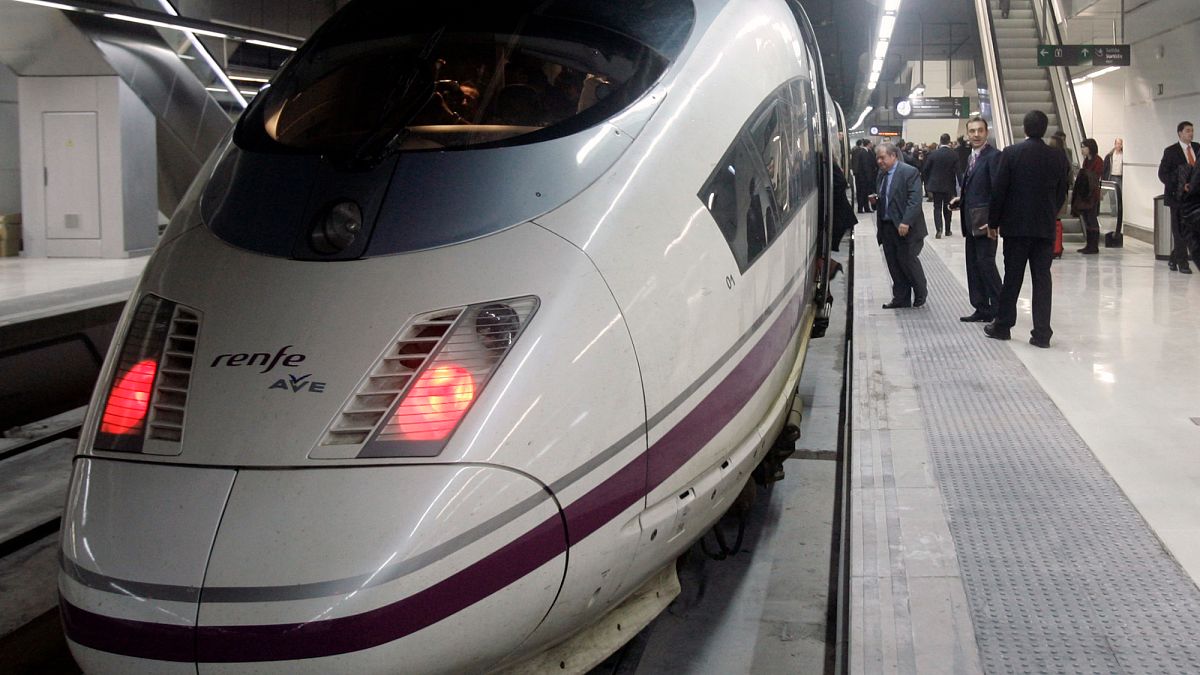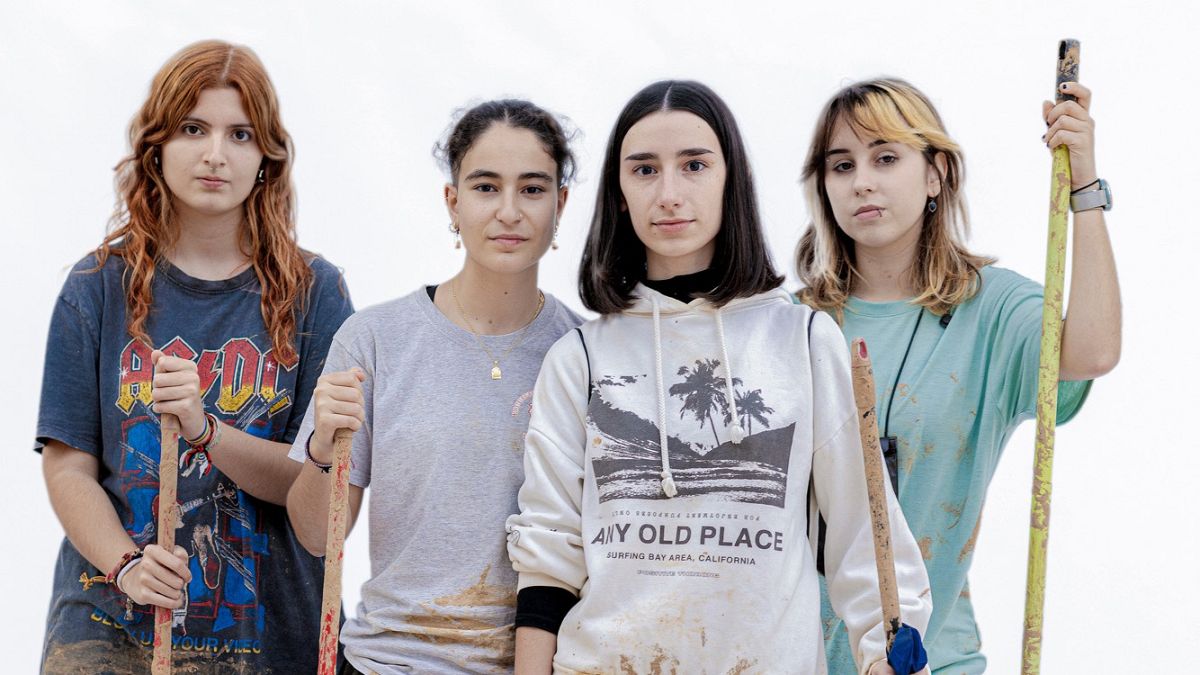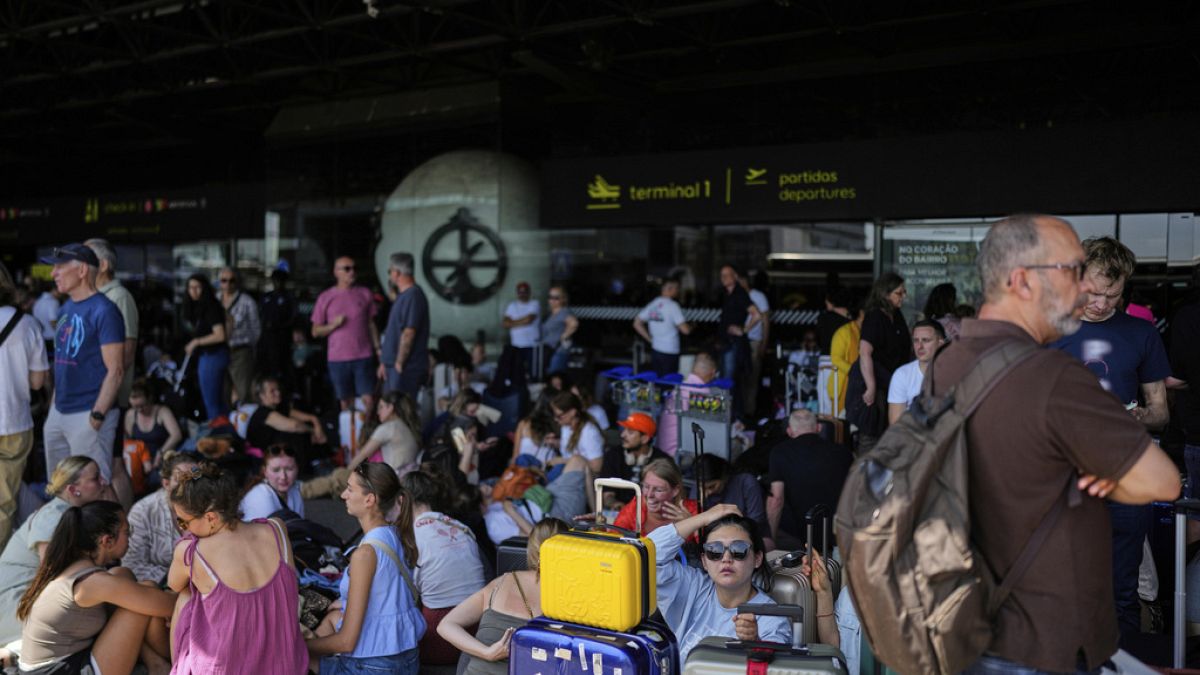‘It’s a dream’: Spain celebrates historic Women’s World Cup victory
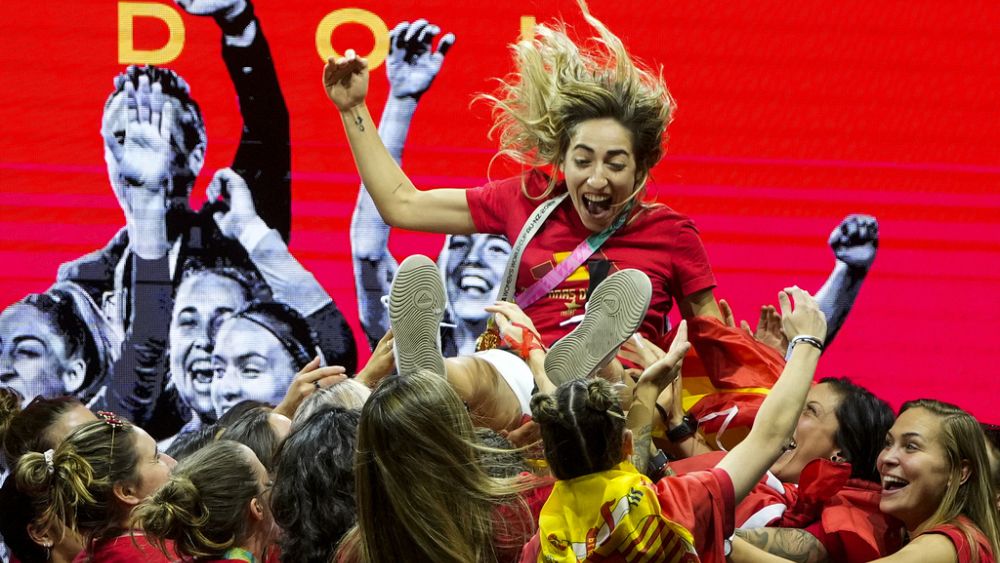
Despite the heatwave, more than 20,000 people joined players in Madrid for the historic event.
“I can’t ask for anything more, it’s a dream,” said Spanish footballer Aitana Bonmati, after her team’s final victory over England in Sydney.
The celebration of that dream spread to the streets of the Spanish capital, where despite the heatwave, more than 20,000 people joined players in a historic event.
Never before had the country celebrated a Women’s World Cup victory.
Every corner of Madrid chanted “world champions” and the euphoria of those celebrating the long-awaited victory was palpable.
The eyes of players from Madrid’s Women’s Football Club were there keenly watching the Spanish team waving the trophy from the stage.
Their coach didn’t miss the party either. However, he warned that no one could miss the 8.30 am training session the next day. But they decided to stay to see their champions.
“Everyone is happy. The World Cup has been won by people our players know, women they’ve played with. Their friends are now world champions, it’s a great joy,” David Castro, assistant coach of Madrid’s Women’s Football Club, told Euronews.
It was all anyone could talk about during Monday morning’s training session. The mood in the dressing room had changed and the excitement was palpable.
“On a professional level, this victory is great for them, it puts women’s football in the spotlight. It shows the incredible work that is being done in Spain. We hope that it will be for the better, that it will be a boost, and that more will be done to ensure that everything continues to grow. There is a lot of potential here,” he added.
A glimmer of hope for the players in a country where women’s football only became professional a year ago and where the pay gap between men and women remains wide.
But this success is on a par with that of the men’s national team in 2010, when Spain won their first World Cup.
Data also suggests that something is changing in women’s football. Sunday’s game was the most watched women’s football match in the history of Spanish television, both in terms of viewers and screen time.
And that trend could be felt in the streets. By dawn the celebrations were over, but on the way home many could not resist singing on, their eyes fixed on the next joy the 23 players will bring to the country.
24 hours of madness to organise the party
While the players began their celebrations on the flight back to Spain at 06:00 Australian time (22:00 CET Sunday), the Royal Spanish Federation was working against the clock to organise the event.
From the moment the team qualified for the final, the idea of a possible celebration was discussed, but that was as far as it went – until this Sunday.
The chosen venue was the Puente del Rey esplanade in Madrid’s Rio Park, the same place where the men’s national team celebrated the 2010 World Cup in South Africa. It was felt that a similar event should have a similar venue, the Federation told Euronews.
The body started working with what information it had at hand. What was known was that the players’ plane was due to land at Madrid’s Adolfo Suarez airport at 10.15 pm local time.
At 10 Monday morning, the Madrid City Council, the Royal Spanish Football Federation and the government sub-delegation met to coordinate the security arrangements.
They identified four possible scenarios for which the national police and security teams should be prepared, as confirmed to Euronews by sources in the government’s sub-delegation.
A few hours later, at 2 pm, the Spanish Federation and City Hall headquarters were silent. They were still immersed in last-minute meetings, with no further details about the celebration that was to take place in a few hours.
The final route the players would take was still unknown, as the decision would depend on the time the plane finally landed. The Spanish Federation would have the final say.
“It may seem to be organised in record time, but it is an exercise in short-term foresight and a set of mechanisms that are being put in place in a coordinated way to make it all work,” Federation sources told Euronews.
The players’ plane arrived ahead of schedule, beating the organisers’ predictions. It landed at 21:15. The champions’ bus then set off on its journey.
The crowd that had gathered for the final leg of the tour, the stage on the Puente del Rey esplanade, waited two hours in the extreme heat to see the players, who arrived at around midnight.
Source: Euro News



